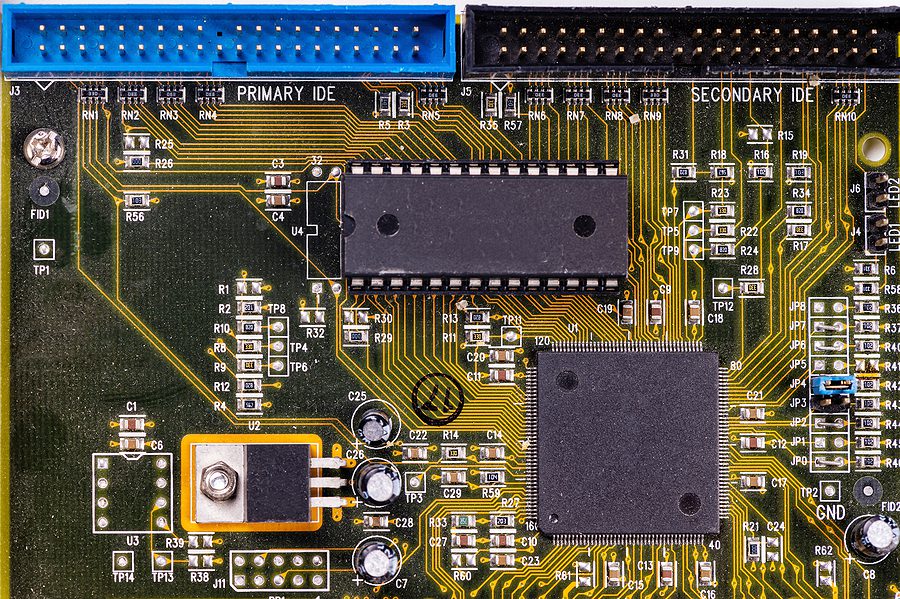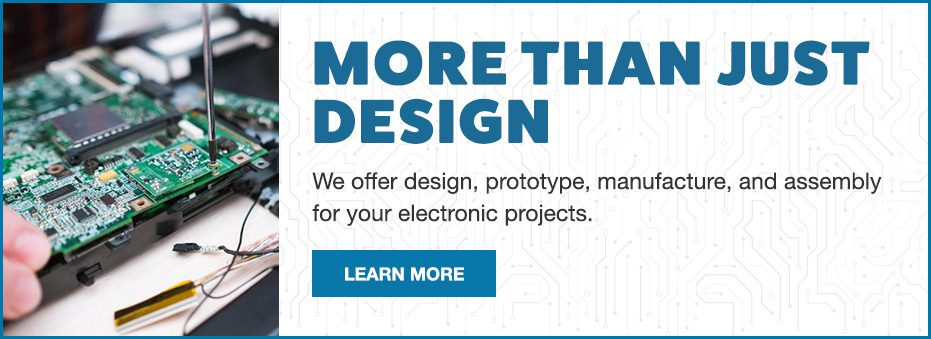How a DFM Analysis Can Save You Money on Your Next PCB With an Electronic Manufacturer
DFM analysis may be something that your product team thinks about cutting when presenting the PCB to your electronic manufacturer. Technically, when it comes to initial costs, PCB designs submitted without a DFM analysis are less expensive. But it is more cost-effective in the long run to ensure whether or not your design is optimized for manufacturing, and in most cases a DFM analysis will end up saving you money in the long run.

What is a DFM?
Design for Manufacturing (DFM) is an approach that involves developing prototypes that align with downstream manufacturing processes. DFM optimizes the design to create it more economically and effectively. DFM is often the key to increasing product quality and saving costs during manufacturing. The design process will focus on producing parts and components that can be easily manufactured. DFM means fully integrating
manufacturing considerations into the design process.

How Will a DFM Analysis Save Money?
When problems arise during manufacturing, they can be extremely costly. Having to go back in the process for a redesign to fix issues will be expensive and time-consuming. When you invest in a DFM analysis at the beginning of the process, you will have very few, if any, revisions and manufacturing risks. The product will be higher quality and will have a faster time to market. Material costs can be addressed during this time, allowing for more accurate budgeting.
What are the Other Benefits of a DFM?
There are several benefits of incorporating a DFM into your process. The DFM approach allows you to catch any mistakes in the design early. Catching errors when the product is in the later stages of fabrication and assembly can result in low quality or a failed product. The closer the fabrication was to the end, the more difficult and expensive it will be to diagnose what went wrong. In addition, you will attain more consistent quality control and higher performance with a DFM analysis. Standardization is essential to quality control. In a DFM approach, your ECM team can evaluate the design and production flow and create a standard procedure to ensure overall quality control.
What will a DFM Approach Include?
The DFM approach will go through several stages.
-
Manufacturing Process
DFM is an efficient process that involves all the important players in developing a prototype. The design team, engineers, manufacturers, and suppliers will all be involved in determining how feasible a prototype is.
-
Product Design
The product design will be examined by your manufacturing partner to ensure that the design conforms with best manufacturing principles.
-
Material Selection
Material selection should contain all mechanical, electrical, and thermal properties required in the end product.
-
Operational Conditions and Testing
The product will need to remain functional within the environment it will be in during use, as well as remain compliant with safety and quality standards. Batch testing can be easier when proper design is addressed in the early stages.
Start Your Quote Now!Using a DFM approach can be extremely beneficial to the design and manufacturing of a product and will often provide significant cost savings. Opting out of the DFM analysis stage may look like an initial savings, but is often much more costly in the long run. The quality, time to market, and cost effectiveness of this approach makes it the smart choice for anyone outsourcing electronic manufacturing to an ECM partner. Levison Enterprises provides DFM analysis as part of our turnkey electronic contract manufacturing services. Contact us today for a quote.